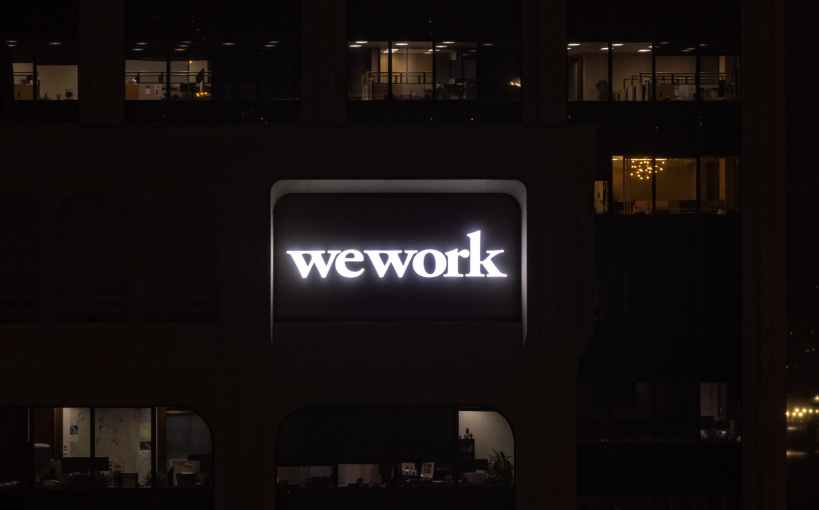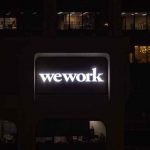WeWork clinched a deal to provide office space to 250 employees of SoftBank-backed startup Gympass

In a sign of positive turnaround for the office-sharing startup, WeWork reportedly clinched a 3-year deal to provide office space to 250 employees of gym membership app startup Gympass in New York, according to a report from Reuters, citing people familiar with the matter.
The deal was made possible with the help SoftBank Group Corp, which also has minority ownership in Gympass. The latest deal is also an example of SoftBank’s attempt to encourage its portfolio companies to collaborate and use each other services and hopefully turn the unicorn startup around, one of the sources told Reuters.
Originally founded in São Paulo, Sao Paulo, Brazil, Gympass is now headquartered in New York with office space in Manhattan’s SoHo area. The company is reportedly planning to triple its presence in the city.
According to the report, around 25,000 employees at SoftBank-backed companies, including U.S. ride-hailing start-up Uber Technologies, Brazilian online housing broker QuintoAndar, and online real estate marketplace Compass, are in WeWork offices.
Back in 2019, WeWork reported a third quarter loss of $1.3 billion from a revenue of $934 million. WeWork currently has about 650,000 subscribers worldwide, and hopes to hit 1 million by early 2021, one of the sources told Reuters
Founded in 2010 by Adam Neumann and Miguel McKelvey, WeWork provides members around the world with space, community, and services through both physical and virtual offerings. Its mission is to create a world where people work to make a life, not just a living. As of Q2 2019, WeWork had 528 locations in over 111 cities and 29 countries.
Since founded in 2010, the co-working unicorn startup has raised a staggering $12.8 billion in funding over 14 rounds. Last month, the startup formally withdrew the S-1 filing and postponed its IPO. The reported public valuation of the WeWork is currently around $10 billion, less than the $12.8 billion it had raised since inception in 2010.

